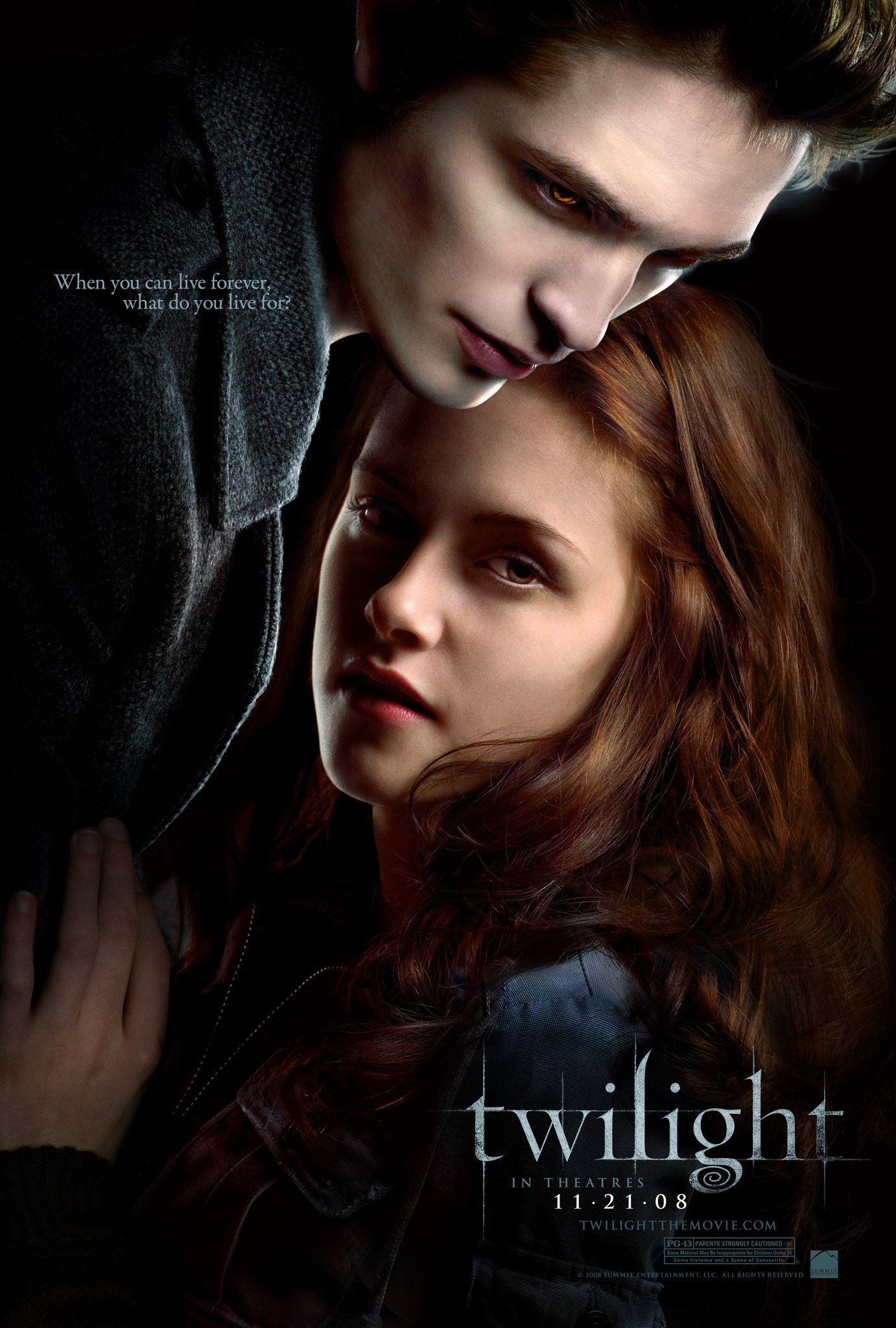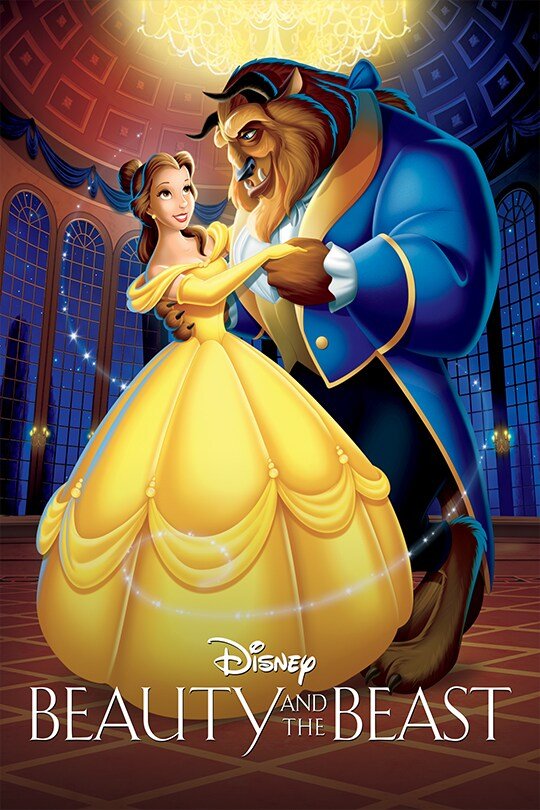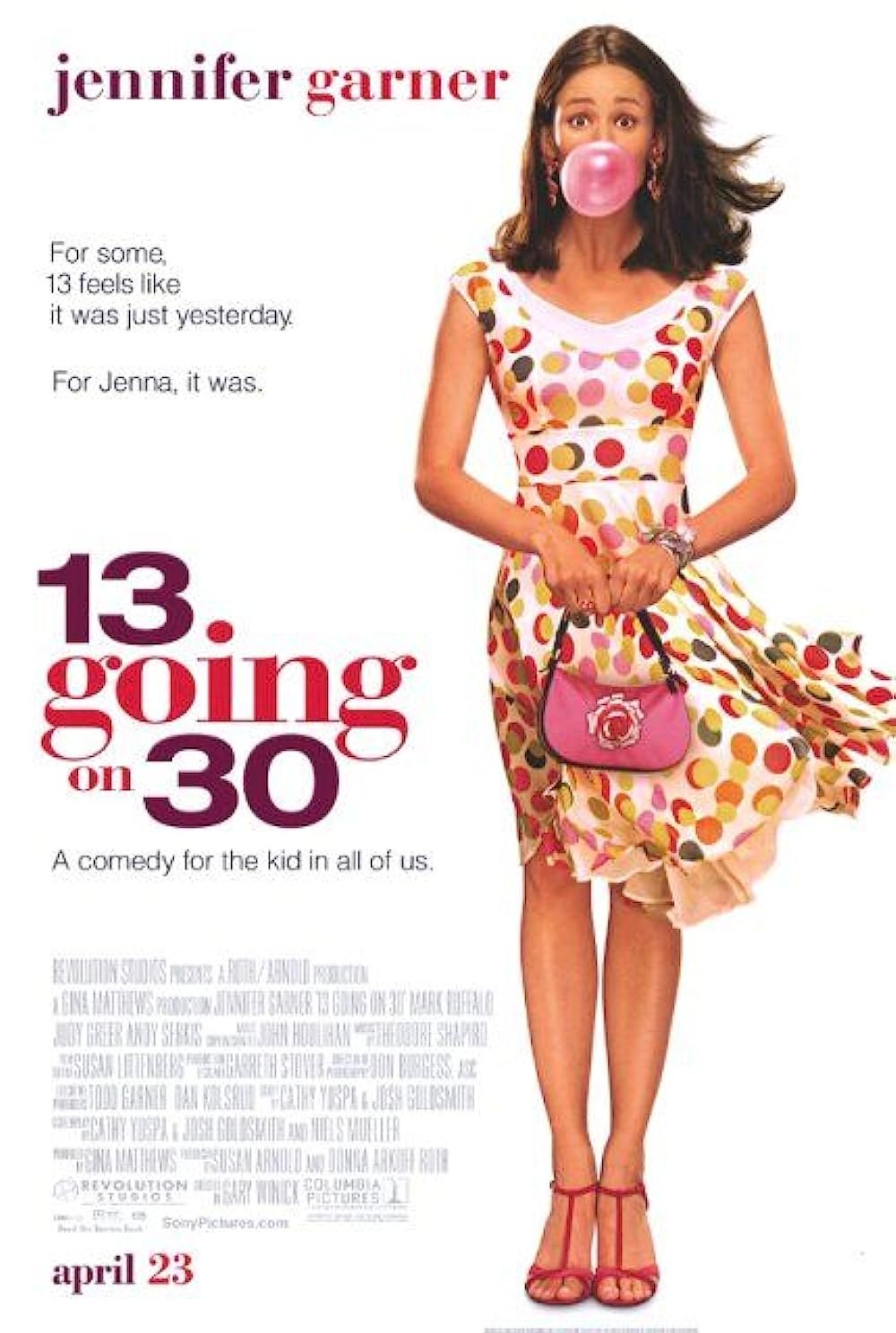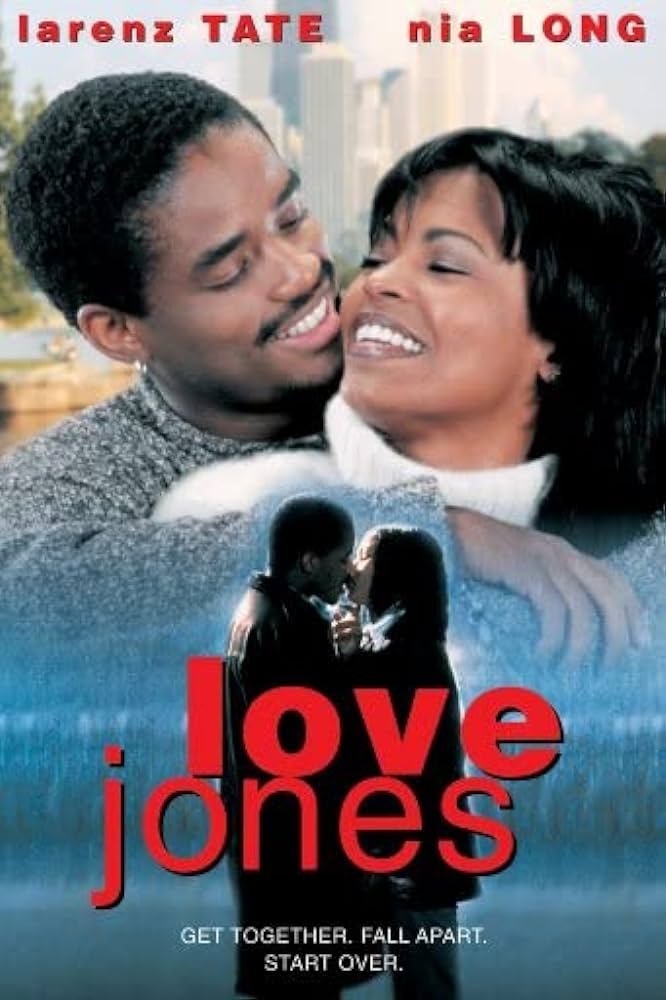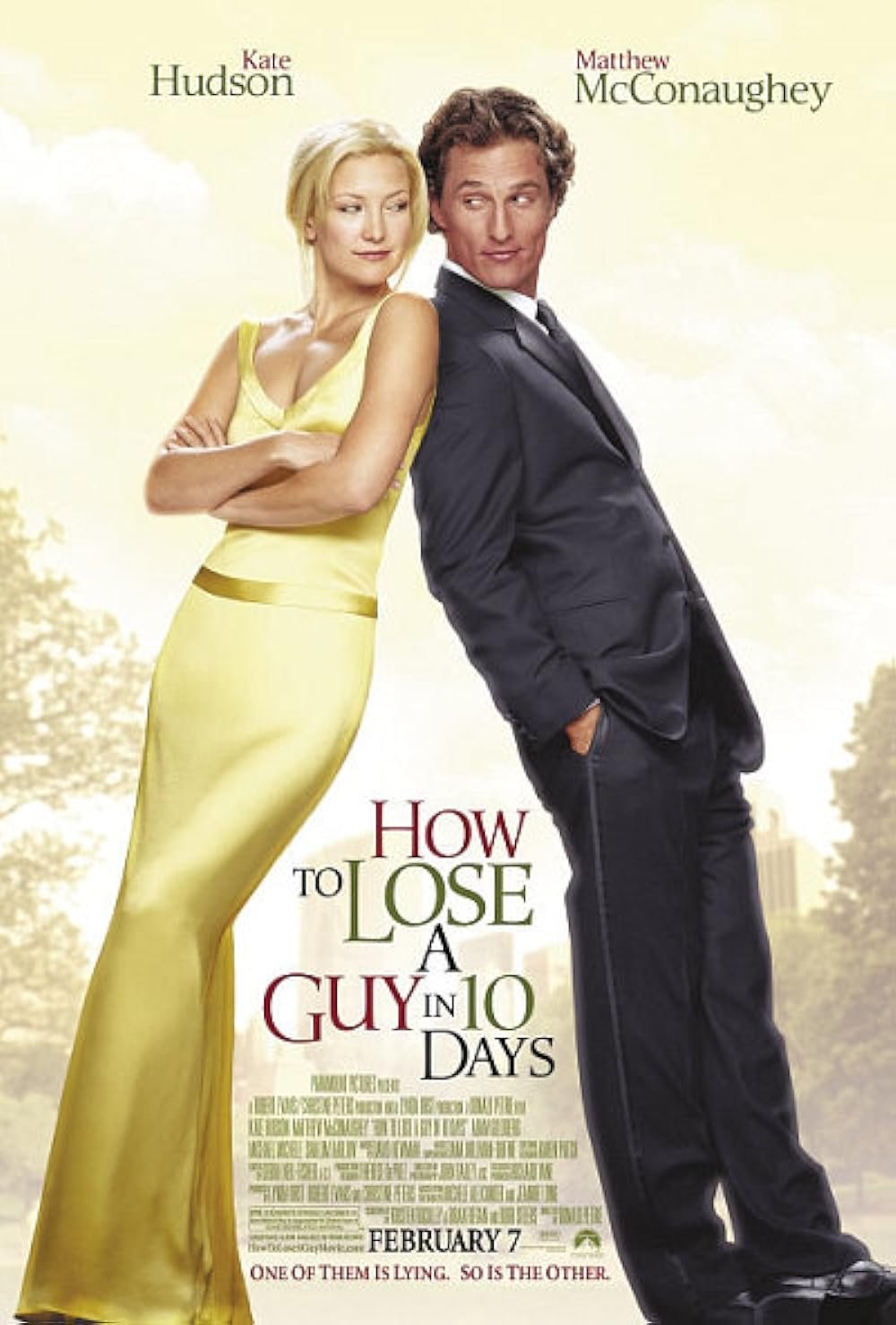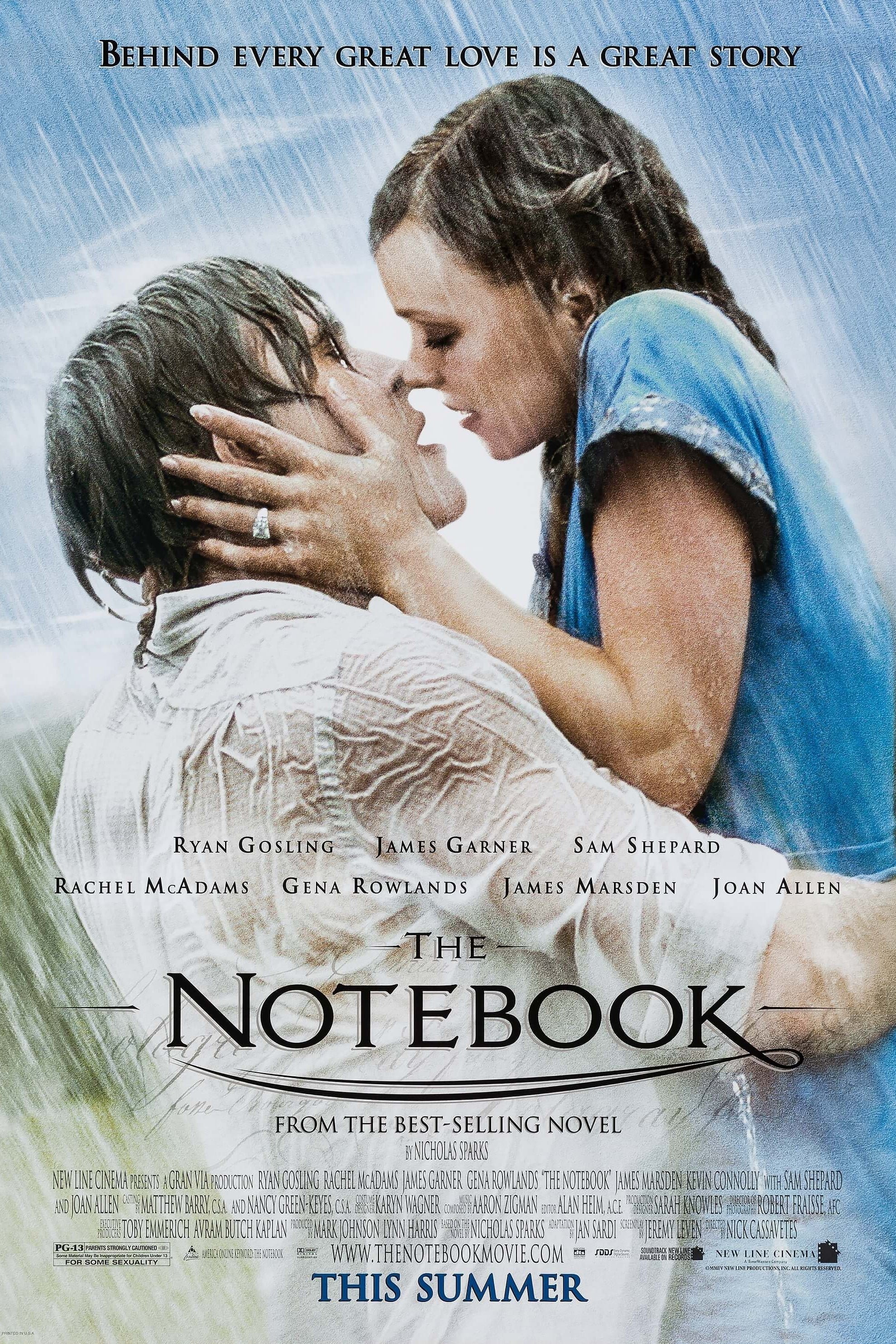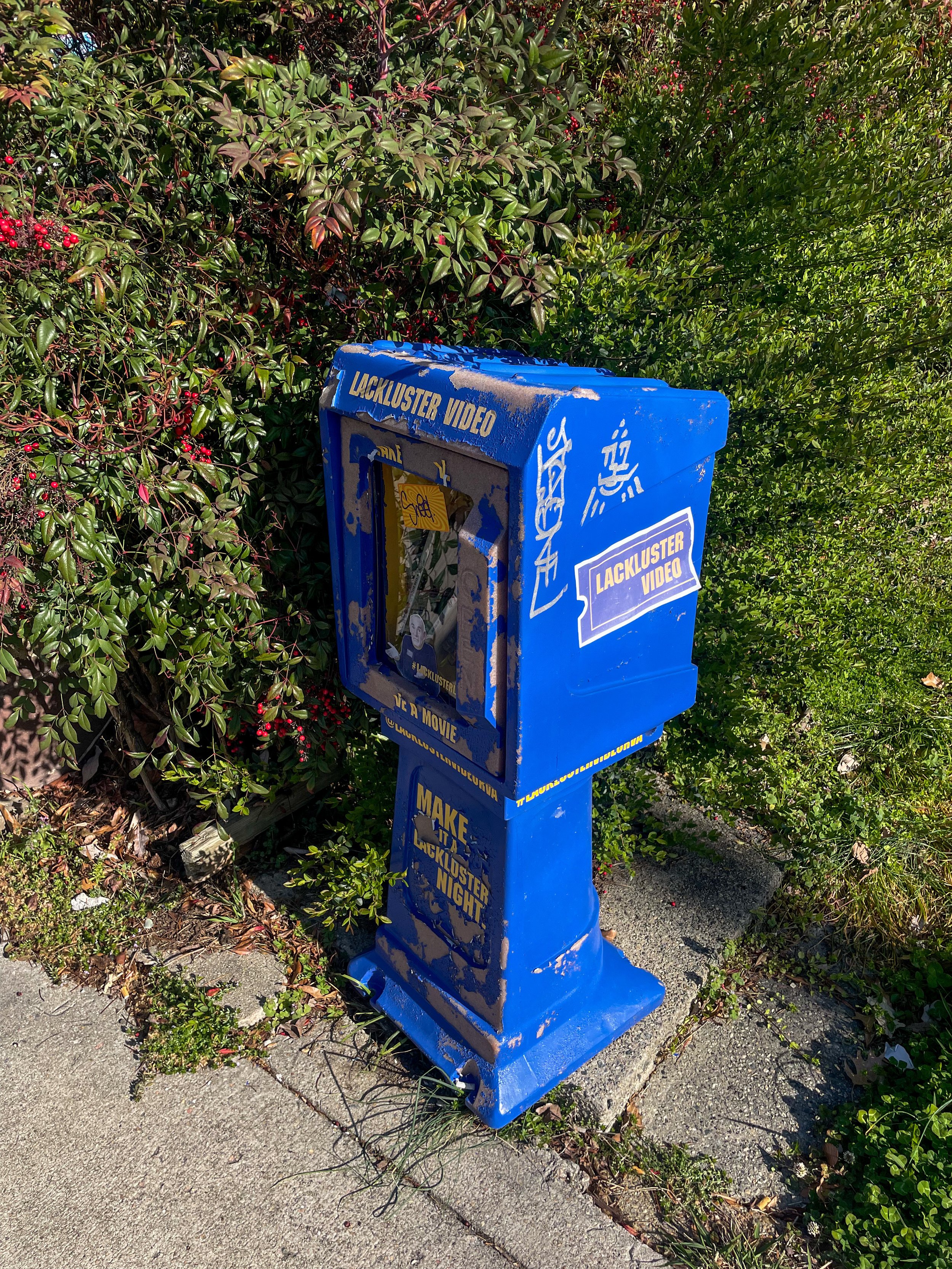
Comms Planning: Bumble
a better place to find romance
Confront the classic romance storylines we all know and idolize, highlighting the need to recognize and reject their toxic depictions of love
Dating is the pits.
With fewer marriages, hook-up culture inadvertently becoming the norm, and young people opting out of dating apps—blaming algorithms for keeping them from their one true love—it appears that morale is low in the love department.
Our obsession with content centered on falling in love, and the idealized relationships portrayed in romance films, sets daters up for disappointment by establishing high expectations that are almost impossible to achieve.
Romance films, filled with tummy flutters and fireworks, are crafted by writers who weave together bits and pieces of their fantasies to tell enchanting stories.
A 2019 media study revealed that romance movies can lead adults to overlook unhealthy relationship behaviors, influenced by the belief that 'love conquers all' through increased film consumption.
Over the last decade, Bumble has been shaking up the dating scene, empowering women and challenging gender norms. Now, it's time to take on the media, pushing back against those all-too-toxic love stories with some real talk about romance.
Strategy: Rewrite the script for romance.
Bumble challenges media depictions of love, providing a much-needed reality check on healthy relationship dynamics.
UNHAPPILY EVER AFTER
There are so many romance stories that have infiltrated culture and changed the ways in which we talk about relationships, but these are a few of the ones that have presented particularly troubling rhetoric to a variety of age groups, races, and gender expressions. Despite their flaws, they continue to be beloved by many, highlighting the lasting influence of their stories.
Introducing Bumble's "A Better Place to Find Romance" campaign, leveraging cinema's influence to transform movie plot points into lessons on love and connection, targeting digital spaces where movie lovers naturally converge.
Rotten Tomatoes Banner Ads:
For those seeking critics' opinions on a particular movie, Bumble is there to provide direct commentary, specifically on films with toxic depictions of romance.
Letterboxd Lists:
Bumble logs on to tell it like it is, offering honest and descriptions of all our favorite romance films, grouping them by their red flags.
Letterboxd Reviews:
Speaking the language of the consumer, Bumble asserts itself as the voice of reason within the broader Letterboxd community.
Guerilla Commentary on Current Campaigns:
Our out-of-home ads directly address problematic romance plot points in upcoming movies, engaging with ongoing campaign efforts.
YouTube Pre-Roll Ads:
This placement references the motion picture rating graphic before displaying content depicting problematic relationship tropes.
Stunt/Activation:
To generate buzz and attract original movie enthusiasts, the brand will put its own spin on the iconic Blockbuster branding by creating pop-up movie libraries filled with Bumble-curated 'lackluster' romance movies.
This approach makes conversations about relationships feel universal yet deeply personal. Our objective is to gain earned media by awakening movie fans (which is pretty much everyone, by the way) to the insanity of taking dating advice from fictional characters, whose romantic escapades often defy real-life logic and expectations.
What I actually did
Copywriting this webpage
Strategy + Insights
Creative Briefing
Comms Planning
Conducted Survey
Social Listening
Brand, Consumer +
Culture Research
Collaborators
Emery Schindler (CW)
Raquel Fereshetian (AD)


